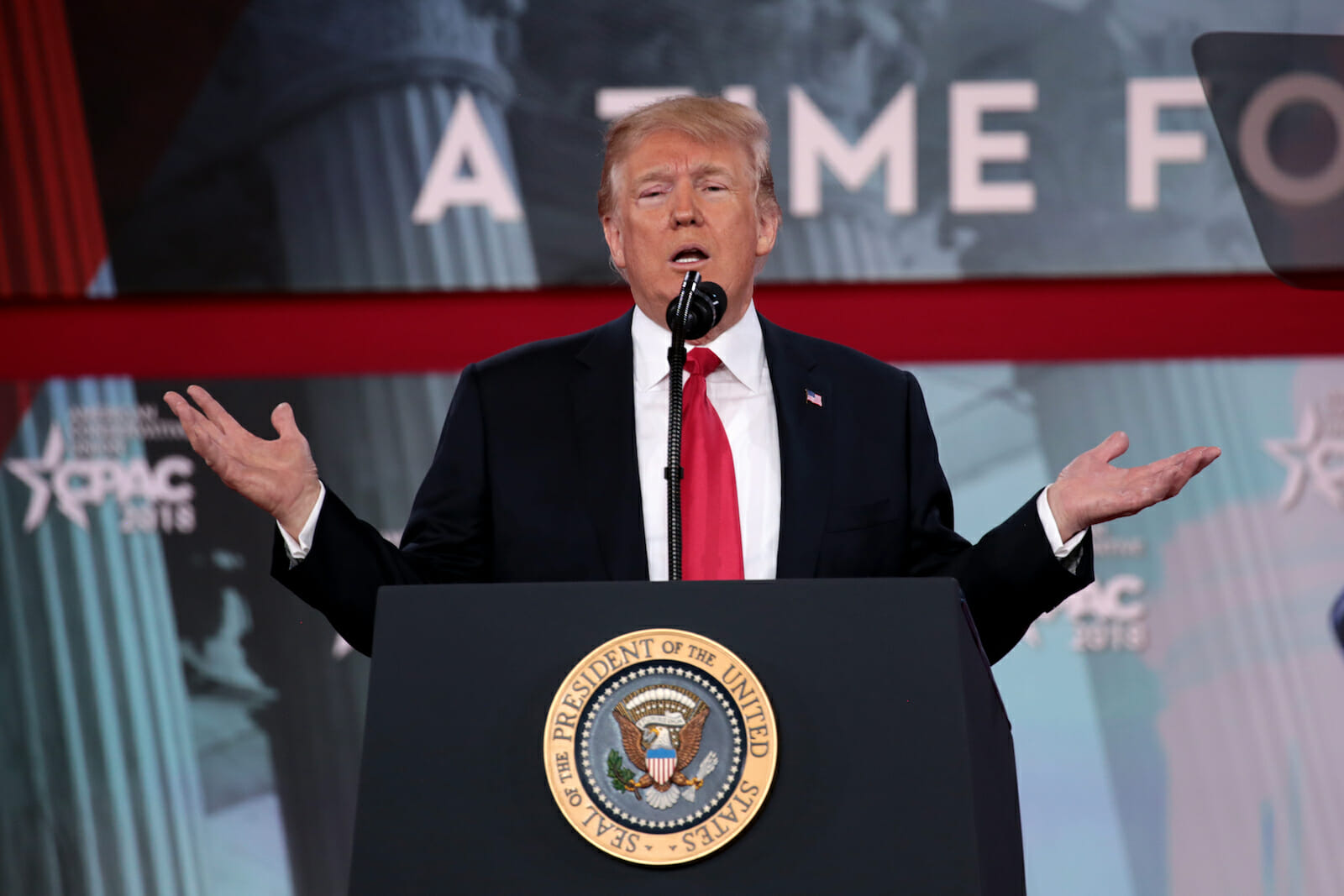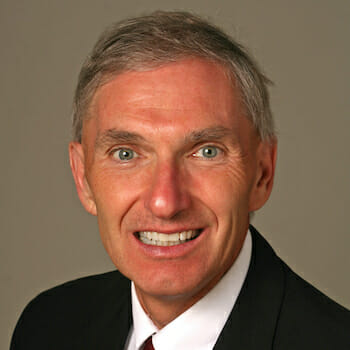
Politics
Why Trump’s Presidency will be Weaker than Many have Hoped or Feared
One of the ironies of American politics is that while the U.S. presidency is arguably the most powerful elected position in the world, the office is also surprisingly weak. As Donald Trump prepares to take office he may be surprised that for all that he says he wants to do, he may have less power to accomplish his goals than he and his supporters hoped, or his detractors feared. The truth is that there are many constraints on U.S. presidential power, dictated by the Constitution and the reality of American politics, international relations, and the precedents set by his predecessors.
Richard Neustadt’s 1960 Presidential Power arguably endures as the single best book every written on the American presidency. It opens with a quote from Harry Truman in 1952, offering advice to the incoming president and former general Dwight Eisenhower: “He’ll sit here, and he’ll say, ‘Do this! Do that!’ And nothing will happen. Poor Ike — it won’t be a bit like the Army. He’ll find it very frustrating.” Neustadt’s use of the Truman quote was to underscore a reality of the American president who cannot simply order people about like kings or business CEOs. Instead the power of the presidency is the power to persuade.
Article II of the U.S. Constitution defines the formal constitutional powers of the president that have not changed since George Washington. But as Neustadt and James David Barber in their President Character contend, it the personality or character of the person who is president, along with a host of other factors, that define the ability of presidents to persuade Congress, the media, foreign countries, and the American people to follow them.
These factors include rhetorical and media skills, margins of political victory, knowledge and experience of government, public support, the strength of political opposition, and perhaps the overall likeability of the persons. Presidential power is the power to persuade, but that persuasive power is a form of bargaining power. Some presidents such as Franklin Roosevelt, Lyndon Johnson, and Ronald Reagan were powerful because of these factors.
From the New Deal until perhaps recently there was a fear of what Arthur Schlesinger Jr. termed the “imperial presidency.” Born of the New Deal regulatory state and the reality of the Cold War and Vietnam, presidents were viewed as dangerously powerful and prone to abuse their authority, as did Richard Nixon. But we are a long way from days of the imperial presidency — and as Stephen Skowronek points out in Presidential Leadership in Political Time, context too demarcates the limits of presidential power. Today, as a result of Supreme Court decisions — many of which clipped Obama’s power when it came to executive orders and Bill Clinton when it came to issues about legal accountability for personal behavior — Trump inherits a far weaker office than it was a generation ago.
Soon if not already Trump is about to confront this reality. He and his supporters and his detractors seem to have forgotten that there is this thing called the Constitution and the Bill of Rights, which define the power of the presidency. Both contain concepts such as separation of powers, checks and balances, federalism, and the basic rights and liberties which presidents cannot violate.
There are some things President Trump cannot do alone with executive orders or even with legislation. He cannot order states and cities around; he cannot order citizens to do things that are illegal. And even though Congress is of the same party as he is and he will get to appoint federal judges and a new Supreme Court justice, the logic of the political system that the American constitutional framers designed is one that is resistant to sudden and dramatic change. Congress and the Supreme Court will have their own institutional identities and interests that will make them resistant to being ordered around by Trump.
Moreover, while the attraction of many to Trump was that he was an outsider, his being unskilled in Washington politics will make it hard to govern. President Jimmy Carter was an outsider whose presidency was compromised by his lack of Washington skills even though he was a governor. Trump does not even have that, and many of his senior appointees lack that too. They will soon find themselves out maneuvered by the federal bureaucracy, the senior executive service, and all the others who really run the government and know how to make it work.
So long as Trump continues to fight the reality of American politics he will get nowhere. Conversely, as the confirmation hearings are starting to show, in areas such as foreign affairs and intelligence gathering there is a powerful establishment and bureaucracy that will crush Trump if he does not learn how to work with them. Presidents really have little freedom to change the course of American foreign affairs, with the best predictor of what a new president will do is to look at the previous one. Besides the constraints of domestic politics, international contexts such as real politics and the support or opposition of allies and enemies dictate narrow courses of action for any president.
All of the above suggests that Trump is about confront reality. He will have to operate in a context that would limit any president. But now also consider that he is a minority president who did not win the popular vote and had one of the narrowest Electoral College victories in history. He was never popular as a candidate with nearly 60 percent disapproving of him, and recent polls suggest an approval rating of 37 percent. Presidents normally are sworn in with lots of good will; Trump will not have that. He enters a weakened office as a weakened president, lacking the traits that Neustadt, Barber, and Skowronek describe as key to presidential success. It is not an imperial presidency located in Trump Tower that Trump inherits, but a weak office that can do far less to produce jobs, force Mexico to build a wall and pay for it, and abrogate unilaterally trade agreements without facing political and legal problems.
He’ll sit here, and he’ll say, ‘Do this! Do that!’ And nothing will happen. Poor Donald — it won’t be a bit like “The Apprentice.” He’ll find it very frustrating.
